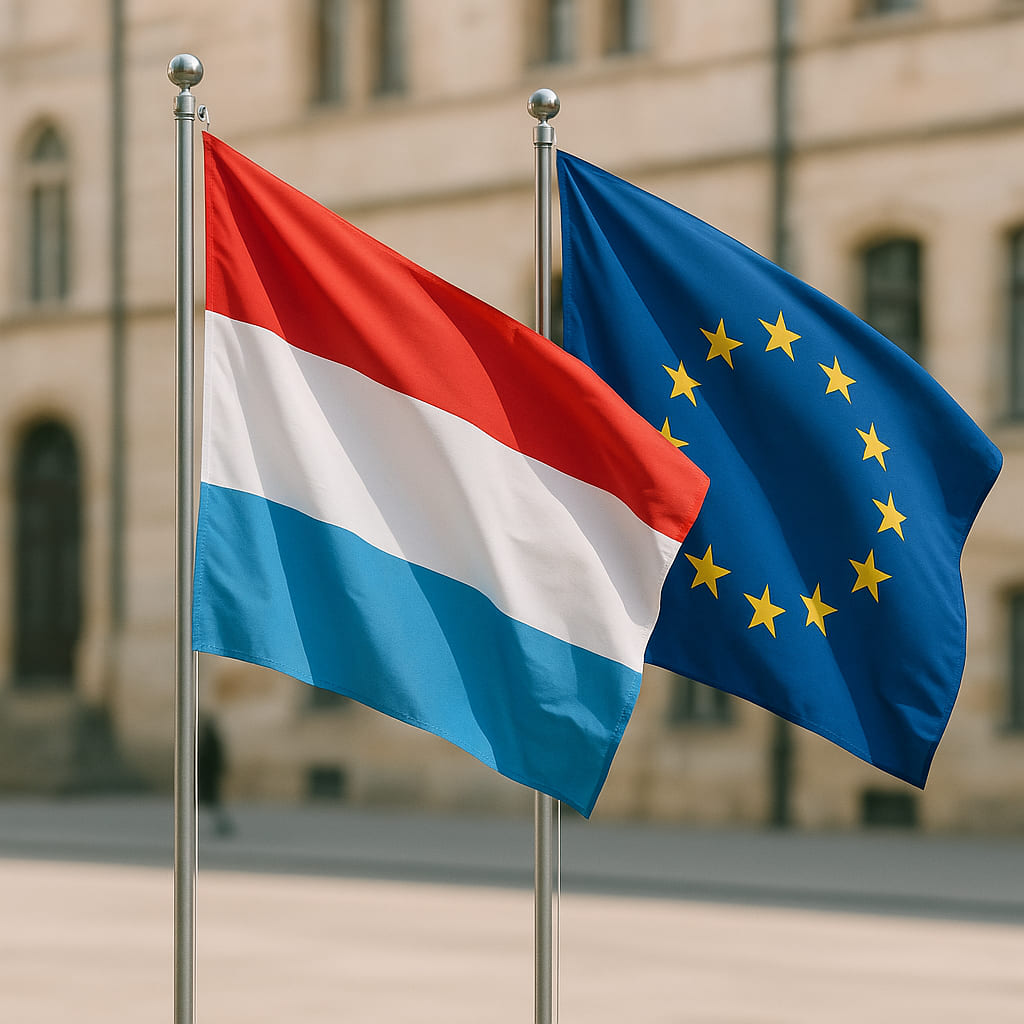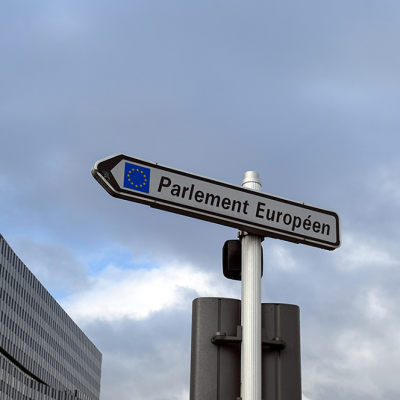[FR] Luxembourg at the helm: experience, determination and self-sacrifice
The Luxembourg Presidency in the first half of 2005 represents a ‘window of opportunity’, given the impressive list of issues to be addressed. It is also one of the best examples of the ability of small countries to take on the rotating presidency of the Union.

The question of the Presidency of the Union was one of the most hotly debated issues during the two years of preparation for the European Constitution, along with the composition of the Commission and the weighting of votes in the Council of Ministers. One of the preconceived ideas at the time was that a rotating presidency would be impractical, as small countries did not have the resources to fulfil the obligations of the President-in-Office. There could be no better example than the Luxembourg Presidency, which will begin in 2005, to show how artificial this analysis can be.
The list of issues to be addressed is indeed impressive: the start of negotiations on the financial perspectives, the debate on the reform of the Stability Pact, the review of the Lisbon Strategy at the Spring European Council, not to mention the highly uncertain international situation, particularly in the Middle East. These issues will be all the more difficult to avoid given that Prime Minister Jean-Claude Juncker has just been entrusted by the finance ministers with the formidable responsibility of chairing the Eurogroup. In other words, he has a considerable task ahead of him. And yet the arrival of the Luxembourg team at the helm is viewed with hope in European circles.
This presidency is even considered a ‘window of opportunity’ in budgetary matters, insofar as it could advance an issue on which both its predecessors and successors, for different reasons, are too committed to be able to play a mediating role. Mario Hirsch’s study provides the keys to understanding this apparent paradox. ‘A country’s foreign policy is dictated by its geography,’ said Napoleon. A small country with powerful neighbours, Luxembourg has learned the hard way that power relations can have devastating effects. Its economic success is linked to its international openness. Having been involved in the European adventure from the outset, it has an intimate knowledge of the workings of the Community machinery. This has enabled previous presidencies to leave their mark on European history in recent years: it was under the Luxembourg Presidency that the Single European Act, the cornerstone of the economic revival of the 1980s, was concluded and the intergovernmental conference that was to culminate in Maastricht was launched.
This long experience serves as a reminder of a precept that large countries sometimes tend to lose sight of: an effective presidency is one that knows how to put aside its immediate interests in the name of the common good. If we were to use this criterion to define the major European countries, Luxembourg would be anything but small. This explains the trust it enjoys in European circles and the hopes that are pinned on it.




